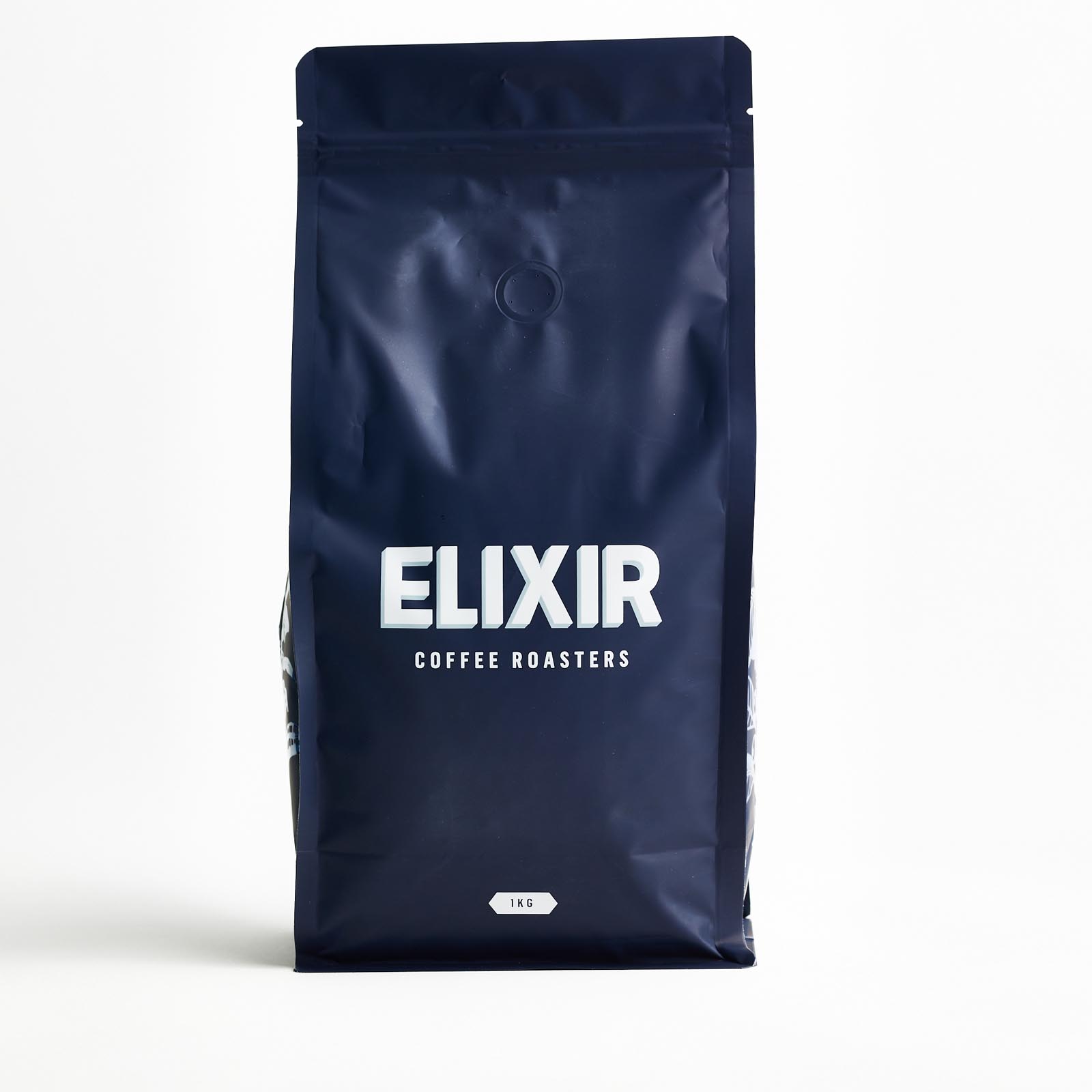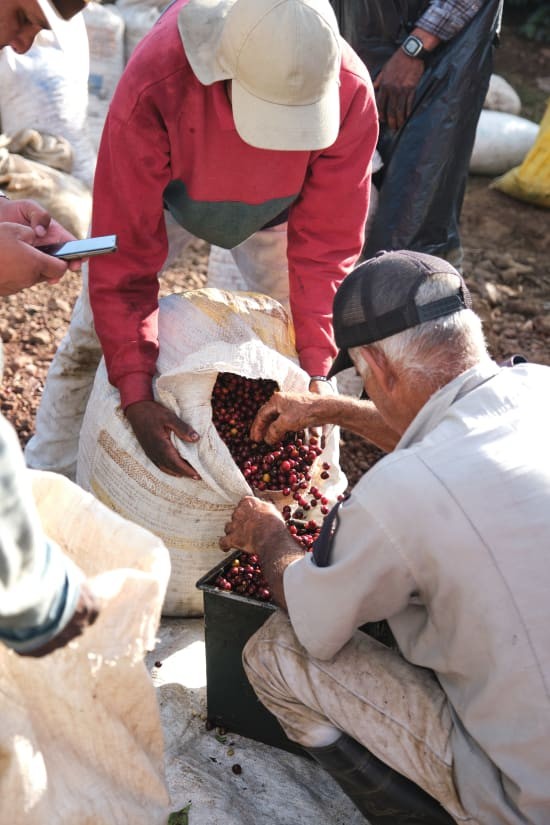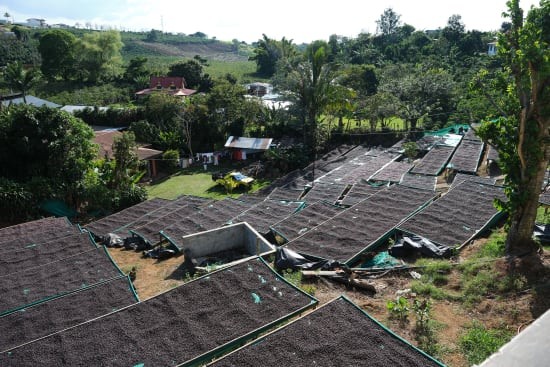Costa Rica – Don Sabino Micromill – Finca El Orvo – SL-28 – Single Origin Espresso Roast
Price range: $25.00 through $63.50
COSTA RICA
DON SABINO MICROMILL – FINCA EL ORVO – SL- 28
Process: Natural
Body: Full
Acidity: High
Dose: 21.5g
Extraction: 26-29 seconds
Region: Sabanilla de Alajeula, Central Valley
Variety: SL-28. This Kenyan variety is derived from a selection made by Scott Labs (1935-1939) from a line of Tanganyika Drought Resistant trees.
Tasting Notes: Cooked blueberry with mild cola, dark chocolate, and cooked red grape flavours. Boozy acidity and mellow sugary sweetness.
Background Information: Don Sabino Micromill is a father-son project that produces meticulous coffees in what seems like “simple” conditions but with incredible care and attention to detail.
Though the mill was established in 2011, Steven Vargas and his father have both been in coffee their whole lives. They own several plots of farmland in the area, where they grow a number of different varieties: Villa Sarchi is their primary crop, but they also grow Catuai, Caturra, Gesha, SL-28, and a small amount of Mokka. For several of the mill’s early years, the Vargas drying beds were full of only Naturals. But lately, Steven is attempting a small amount of Honey coffee as well, “because Luis likes it,” he says of Luis Arocha, the senior green-coffee buyer for Oxcart Coffee: Cafe Imports Latin America, who is based out of the office in San José.
Finca El Orvo: Fraijanes, Central Valley, Alajuela
- 10 hectares
- Varieties: SL-28, Villa Sarchi, Catuai, Obata, Gesha
- Altitude: 1600 masl
- Harvest period: October to March
- In the family for 5 generations
N.B. Our Single Origin Espresso roasts are roasted for black based coffees.
| Weight | N/A |
|---|---|
| Sizes | |
| Grind Type | Dripulator, Pour Over/Chemex, Turkish, Aeropress, Commercial Espresso Machine, Home Espresso Machine, Stovetop, Plunger, Beans, Cold Brew/Toddy, Cold Drip, Universal (all apparatuses) |
You must be logged in to post a review.




There are no reviews yet.